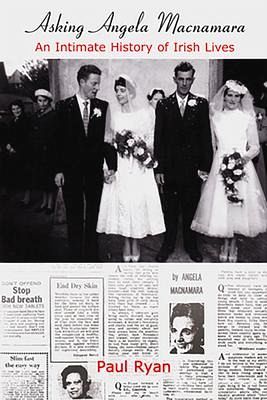
Asking Angela MacNamara
An Intimate History of Irish Lives
Versandkostenfrei!
Versandfertig in über 4 Wochen
72,99 €
inkl. MwSt.
Weitere Ausgaben:

PAYBACK Punkte
36 °P sammeln!
"Angela Macnamara wrote an advice column for Ireland's The Sunday Press newspaper and was perhaps the most influential agony aunt in Irish journalism in the 1960s and 1970s. Using Macnamara's letters published by The Sunday Press, this fascinating book offers a unique insight into intimate relationships within family life in Ireland. It charts how dating and married couples negotiated a new understanding of their intimate lives, and it shows how women rejected relationships where sex was a duty within marriage as opposed to an expression of love. The analysis of the column's letters reveal how...
"Angela Macnamara wrote an advice column for Ireland's The Sunday Press newspaper and was perhaps the most influential agony aunt in Irish journalism in the 1960s and 1970s. Using Macnamara's letters published by The Sunday Press, this fascinating book offers a unique insight into intimate relationships within family life in Ireland. It charts how dating and married couples negotiated a new understanding of their intimate lives, and it shows how women rejected relationships where sex was a duty within marriage as opposed to an expression of love. The analysis of the column's letters reveal how this transition provoked anxiety among Angela Macnamara's conservative readership as they struggled to reconcile seeing their bodies less as conduits of sin and more as instruments of pleasure. The problem page became a vehicle through which people explored these two different understandings. Asking Angela Macnamara explores these developments within intimate life as part of a greater process of informalization within Irish society. Children demanded that their parents defend and explain their use of corporal punishment in the home. The faithful questioned the Catholic Church's position on moral issues, such as contraception and homosexuality. Gay men questioned why their sexuality was both criminalized by the State and treated as a disorder by the psychiatric profession. Angela Macnamara emerges from these debates as both a traditionalist in defending Catholic social teaching and a modernist in encouraging an open discussion of sexuality."--Publisher's website.



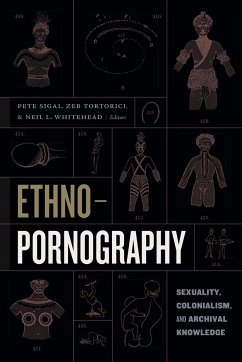
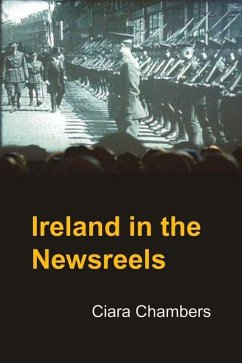
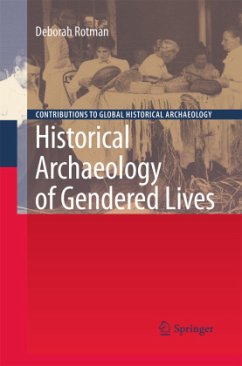
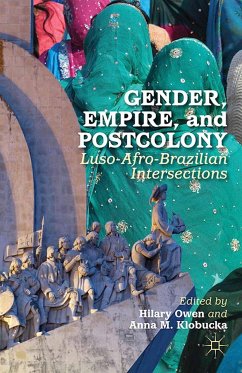
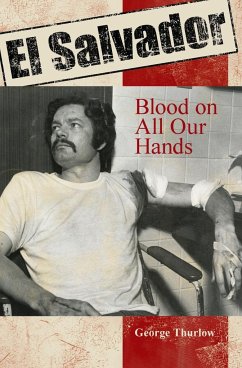
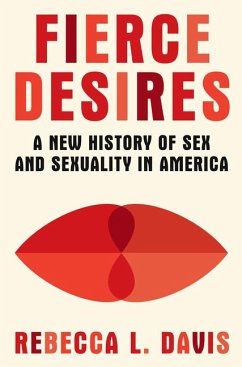
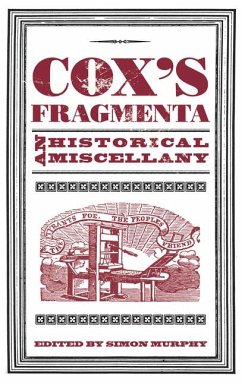

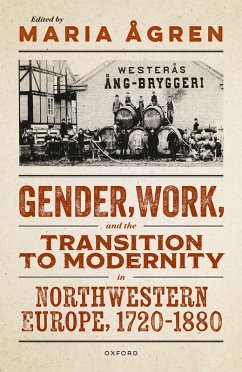
![De Amsterdamsche Courant, Door W.p. Santijn [sic] Kluit... Cover De Amsterdamsche Courant, Door W.p. Santijn [sic] Kluit...](https://bilder.buecher.de/produkte/74/74653/74653532n.jpg)